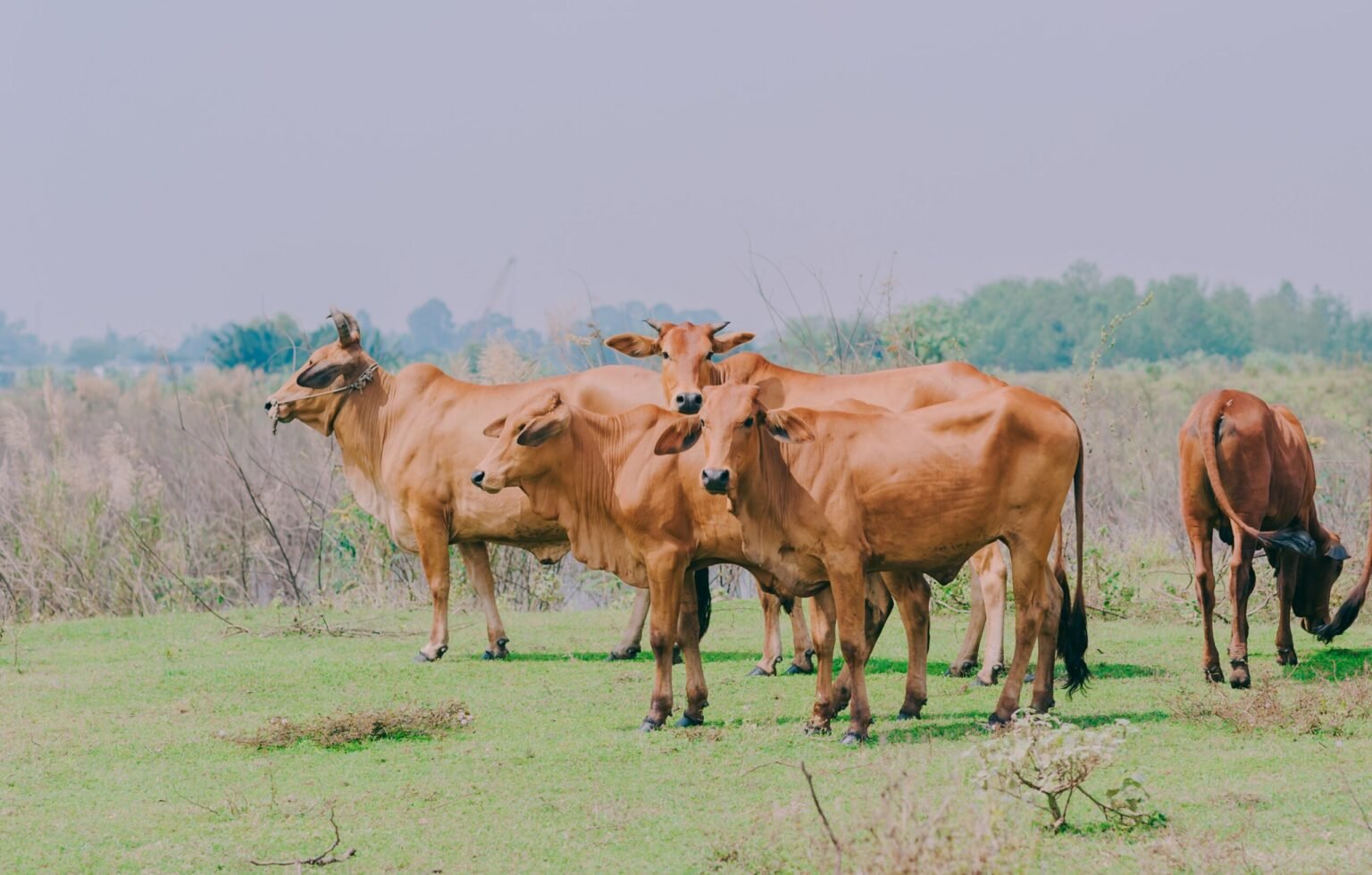KAMPALA, Uganda — The Ugandan government, through the National Agriculture Research Organisation (NARO), is set to import new, improved cattle breeds from Kenya to enhance the country’s dairy production.
According to Dr. Halid Kirunda, director of research at the Mbarara Zonal Agriculture Research and Development Institute, a new dairy breeding action plan is being developed to guide the initiative.
A committee of nine experts has been formed to oversee the process. The committee includes representatives from the National Animal Genetic Resources Centre and Data Bank (NAGRC&DB), HEIFER International, SNV, and a selection of farmers, breeders, geneticists, and economists.
Kirunda explained that NARO is establishing a composite breeding center to crossbreed imported East African shorthorn Zebu, Fresians, Jerseys, Gansu, and Ayrshire cattle with local breeds such as the long-horned and Nganda cattle.
The goal is to create new, stabilized breeds that are better suited to local conditions.
“With this breeding, we shall be having breeds suitable for the Karamoja area, this area and the Buganda area, and this is supposed to be the centre for that breeding mark,” Kirunda explained.
He noted that the imported cattle are expected to produce between 25-30 liters and up to 45-50 liters of milk daily.
The animals will be in-calf, between three and seven months old, and the center is expected to house over 200 cattle within seven months.
A team of experts visited ten pedigree farms in Kenya last year to identify the best breeds for importation.
The arrival of the cattle, originally scheduled for next week, has been delayed due to the ongoing construction of the necessary infrastructure.
New anti-tick vaccine
In a separate development, NARO has registered its new Anti-Tick Vaccine under the name NAROVAC. Dr. Kirunda announced that the vaccine has successfully passed all trial stages.
Also Read: Moi University to auction cattle, donkeys and dogs at Eldoret Main Campus on June 24
On-station clinical trials showed a 75 percent efficacy rate, while confined field trials at various locations—including MBAZARDI, Kiburara, and Isimba prison farms—achieved an integrated efficacy and effectiveness of 97 percent.
The vaccine was also assessed for safety, and no negative effects were recorded.
NARO plans to roll out the vaccine, starting in areas with a high prevalence of ticks, pending approval from President Yoweri Museveni. The rollout is tentatively scheduled to begin in December.







